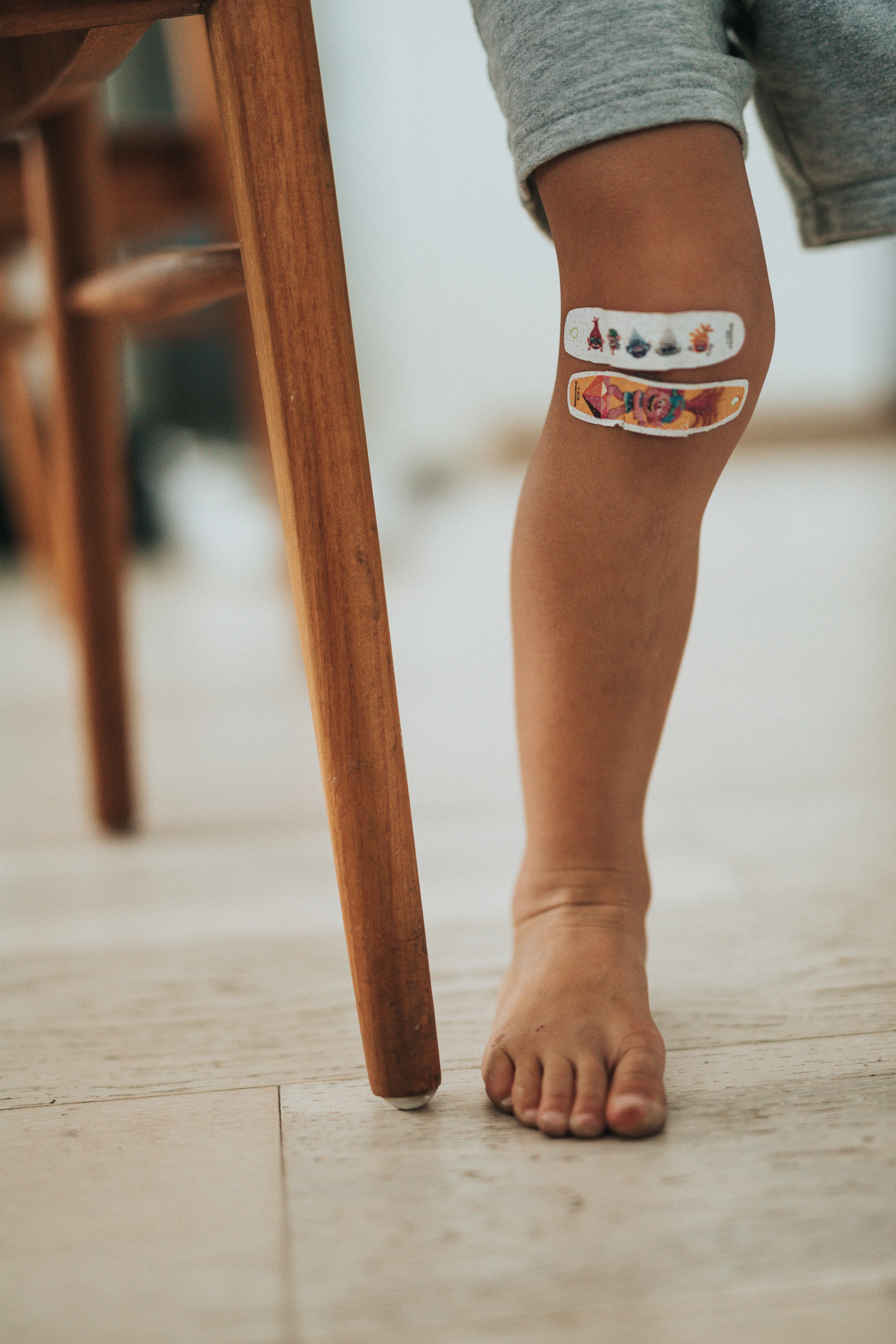Patients overprescribed opioids post-knee surgery are at higher risk of overdosing.
The prescription opioid level typically issued for a patient undergoing knee surgery in the U.S. has been linked to an increase in overdose fatalities, according to a new study. The national rate at which those undergoing arthroscopic knee surgery are being prescribed opioids was found to be “more than 70 percent between 2015 and 2019,” the report notes, with “40 percent in South Dakota and 85 percent in Nebraska.” The strength of the average prescription was equal to 50 milligrams of morphine per day. This level was previously deemed high risk by the Centers for Disease Control and Prevention (CDC).
“We found massive levels of variation in the proportion of patients who are prescribed opioids between states, even after adjusting for nuances of the procedure and differences in patient characteristics,” said the study’s senior author, M. Kit Delgado, MD, an assistant professor of Emergency Medicine and Epidemiology at the University of Pennsylvania. “We’ve also seen that the average number of pills prescribed was extremely high for outpatient procedures of this type, particularly for patients who had not been taking opioids prior to surgery.
The opioid epidemic has been fueled, in part, by overprescribing for procedures resulting only in mild to moderate pain. Despite this fact, the team discovered across the U.S., “72 percent of patients filled an opioid prescription within three days of their procedure. The Midwest and Rocky Mountain region, from Ohio to Utah, into Arizona and Washington state had the highest dosage rates. North and South Dakota and Texas have lower than average rates.”

Lead author Benjamin Ukert, MD, assistant professor of Health Policy and Management at Texas A&M, said, “Given that most arthroscopies are not invasive, there seems to be room to reduce the prescribing rate and the strength of the prescription.”
Some factors that may be contributing to this variation by state, he added, include “policies, such as mandates to check prescription drug monitoring program data, which have shown to affect the opioid prescribing rate. However, most state policies are aimed at patients with a history of opioid use, and our study focuses on patients who do not have that history. Thus, practice and organizational styles may be more important factors for this population.”
Another related study is currently being conducted by Delgado and another co-author Brian Sennett, MD, chief of Sports Medicine at Penn Medicine. The researchers are using automated text messages to check-in with patients, examining how many opioid tablets they actually do take from their prescription post-knee surgery. The researchers have found, so far, an average of ten tablets or more are being prescribed post-procedure to both patients who have had past exposure to opioids and those who have not.
Delgado said, “These studies suggest that current prescribing patterns are still resulting in a significant number of opioid tablets in the community that could be misused and potentially diverted to others. The data we’ve collected shows that there’s ample opportunity to reduce excessive prescribing for this common outpatient procedure.”
Sources:
Study reveals overdose of opioid for knee surgery linked to death
Opioid prescription rates for knee surgery vary, but higher strength dosage common


Join the conversation!